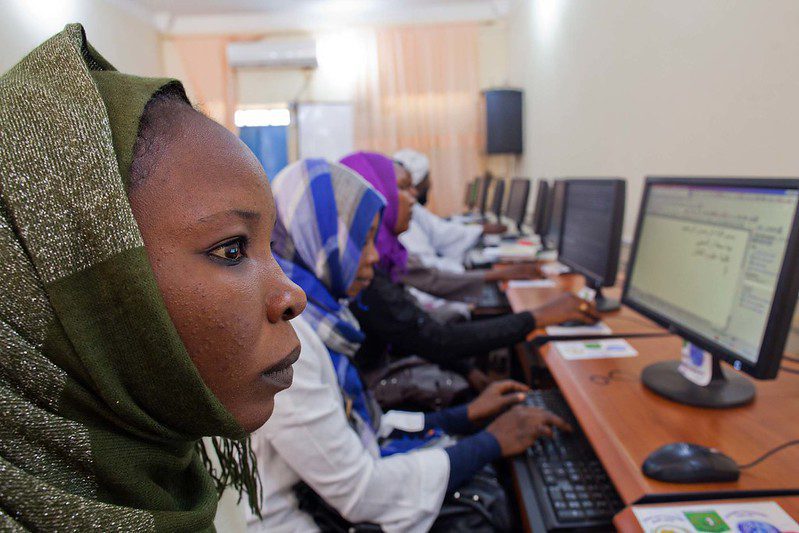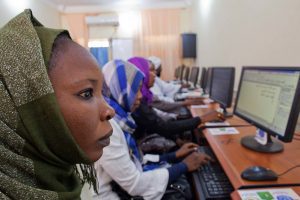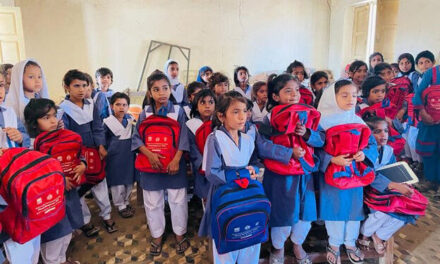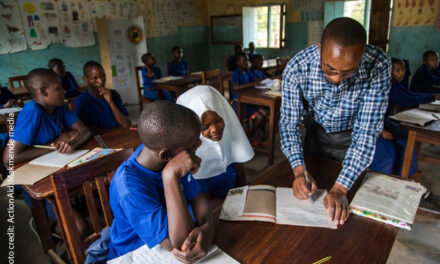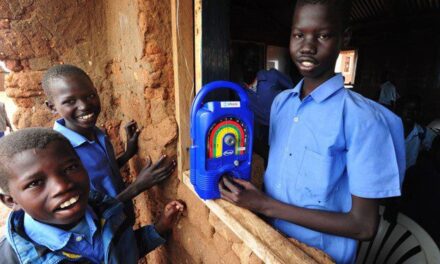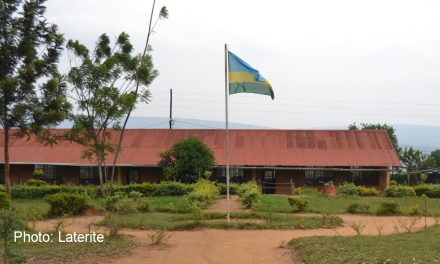This blog was written by Rachel Outhred, Senior Researcher with the Young Lives programme at Oxford University and Director at Oxford MeasurEd, and Alina Lipcan, Senior Education Adviser at the Education Outcomes Fund for Africa and the Middle East. It is the first of a two-part series – the second can be read here. The blog has also been posted on the Education Outcomes Fund website.
In his recent keynote address for the virtual Comparative and International Education Society (CIES) conference, major globalisation theorist, Arjun Appadurai provided a much needed argument for how we deal with education concerns within the current global pandemic. He stated: “there is a tendency for education to seem somehow irrelevant or unimportant. The question is how we continue to value teaching, learning and education (and the relative slowness of that set of processes), even while recognising the urgency in the emergency.”
This blog outlines some ways in which the research community can continue to value teaching, learning and education within the crisis, as over 91 percent of the world’s student population is unable to attend their educational institution (according to UNESCO).
Impacts affecting learning of already disadvantaged groups
On the 2nd of April, my colleagues at Oxford University, Lydia Marshall and Rhiannon Moore, wrote about the unequal distribution of access to the internet and the skills needed to use it as many countries move to distance learning, using technology. Their analysis of Young Lives data finds that – as with most of the likely impacts of COVID-19 – the impacts on learning are likely to disproportionately affect disadvantaged groups.
Has EdTech been effective in delivering learning?
Amongst other blogs on the shift to EdTech globally, a recent World Bank blog asks “can students actually benefit from technology at home?” and states that “we will only know how effective this is after the crisis”. To know how effective EdTech has been in delivering learning will require a significant amount of research to be undertaken in difficult circumstances. However, the bigger challenge is that research outputs currently have no stable framework on which evidence can be built.
Improving the EdTech field of academic research
EdTech in developing countries is an emerging field of academic research that cuts across multiple disciplines. For this reason, the field lacks structure and knowledge and evidence is not organised. What constitutes the field is often lead by technological advances, rather than driven by addressing the problems within education delivery. The field is left wanting in terms of both the quality and quantity of available evidence, particularly when EdTech is implemented in conditions of poverty, inequality and marginalisation.
As with other emerging academic disciplines in the 21st century, EdTech addresses a highly complex problem and must draw on deep knowledge from a variety of academic disciplines to understand phenomena and address real world problems.[i] EdTech research will need to address key challenges, including:
- high costs,
- the rapid evolution of devices and infrastructure,
- the special knowledge and skills required of its users; and
- building the capacities of a critical mass of teachers to shift their professional practice.
Investigators will need to draw on knowledge and expertise from across a range of fields to address human and social phenomena, the advances and potential of technology itself and the interface between them. Researchers will need to create new conceptual, theoretical, methodological and translational innovations that integrate and move beyond discipline-specific approaches, filling the gaps in EdTech knowledge.
Learning from the field of sustainability science
The academic field of EdTech could learn many of the lessons encountered in developing the field of sustainability science. The two fields are similar in that they are problem-oriented fields that need to understand the dynamic linkages between complex human systems and advancing areas of science. In building the field, scholars structured knowledge by mapping out the entire web of problems and systematically organising disparate field of enquiry (what knowledge do we need from which disciplines to respond to which problem?). In this way, piecemeal approaches (or research output dumps) were replaced by problem-driven knowledge contributions which fill identified gaps. This approach stimulated existing disciplines and mechanisms to contribute to the emerging science.[ii]
Lessons for research
We hope DFID’s new EdTech Hub will play a role in meeting this scientific challenge by uniting thinking about global, social and human systems with the rapidly developing elements of science and technology. We – the global community of researchers – will also need to play our part. We will need to ensure our research:
- Addresses current knowledge and evidence gaps with an eye towards both policy and practice;
- Places the educational problem at the centre of the design solution;
- Explores both human and technological elements of EdTech delivery
- Contributes to the questions of ‘why’ particular solutions work (or don’t work) in order to future-proof the evidence base as technology rapidly advances;
- Deepens understanding in our own discipline, while broadening understanding across disciplines;
- Is comparable across disparate research processes so all of our contributions add up to more than the sum of their parts; and
- Includes working with the next generation of researchers, especially from the global South, who will become responsible for much needed changes moving into the future, across differing contexts.
[i] Aboelela, S. W., Larson, E., Bakken, S., Carrasquillo, O., Formicola, A., Glied, S. A., Haas, J. and Gebbie, K. M. (2007), Defining Interdisciplinary Research: Conclusions from a Critical Review of the Literature. Health Services Research, 42: 329–346. doi:10.1111/j.1475-6773.2006.00621.x
[ii] Sustainability science: Building a new academic discipline. Edited by Hiroshi Komiyama, Kazuhiko Takeuchi, Hideaki Shiroyama and Takashi Mino. United Nations University Press Page 9-10.

